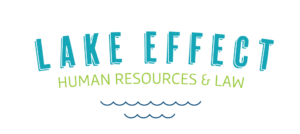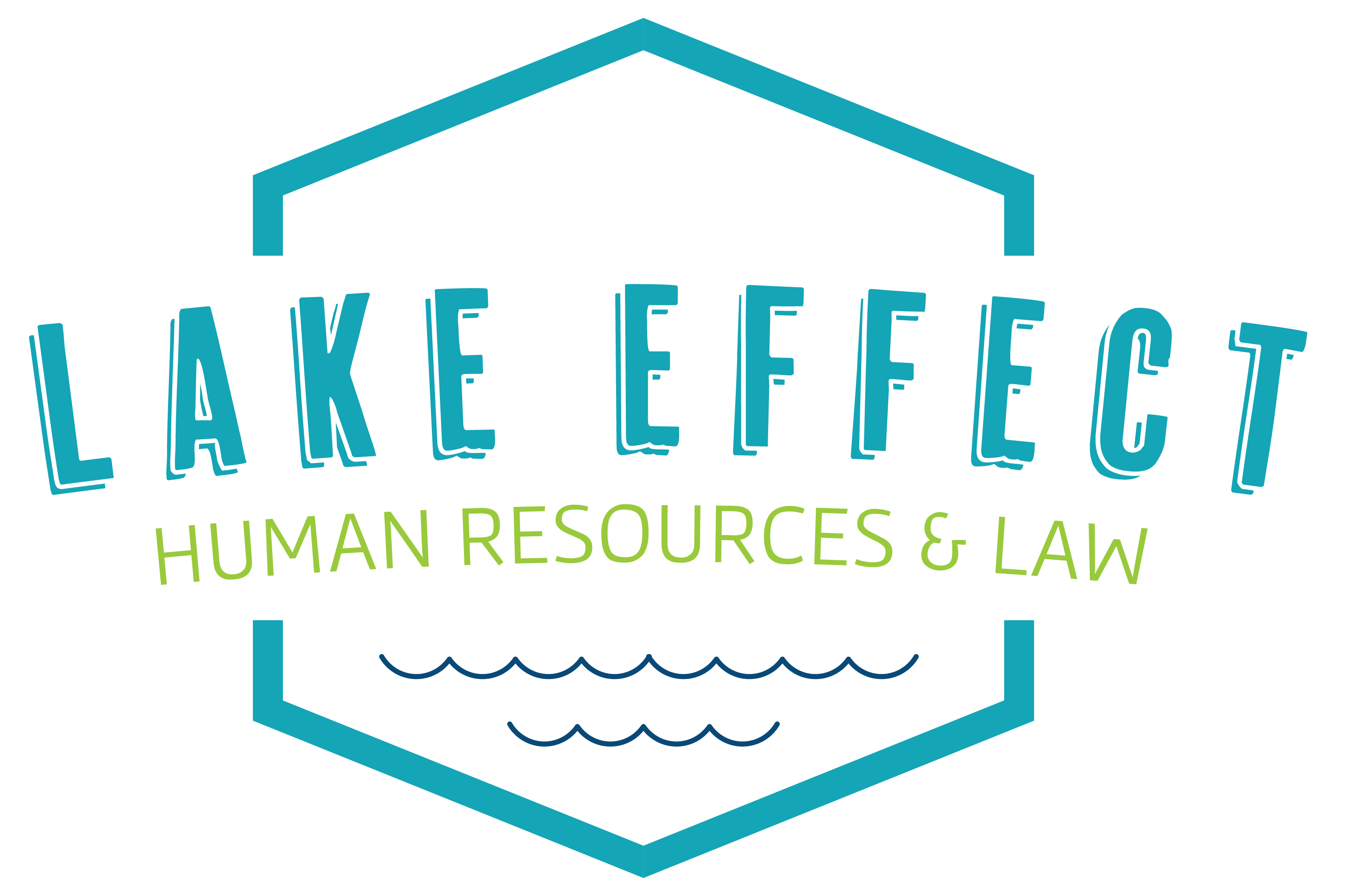On May 17, the U.S. Department of Labor’s Wage and Hour Division (WHD) issued guidance on the Providing Urgent Maternal Protections for Nursing Mothers Act (PUMP Act), originally enacted in 2010, and amended in December 2022. For a complete discussion of the 2022 amendments, please see Lake Effect’s prior blog on the PUMP Act. WHD’s recent guidance provides further details about breaktime, space, and compensation requirements, as well as potential remedies for violation of the Act. Employers should note some key WHD guidelines that specify:
- Employers must provide a nursing employee reasonable break time each time the employee needs to pump breast milk at work for one year after the child’s birth. The frequency, duration, and timing of the breaks needed will vary for each nursing employee. Employers must be flexible in meeting each employee’s needs and adjust as those needs may change over time.
- Employees need not be compensated for breaktime necessary to pump breast milk unless otherwise required under applicable law. However, non-exempt employees must be compensated for such time if they are not completely relieved of all work duties. Furthermore, the salaries of exempt employees may not be reduced to reflect pump breaks, as they must be paid full salary for any week in which they perform work.
- Nursing employees must have access to a place to pump breast milk that is shielded from view, free from intrusion by others, available each time it is needed by the employee, and not a bathroom. A space that is temporarily created or converted into a space for pumping when needed by a nursing employee is sufficient as long as it meets the other above requirements. This could be a vacant office or storage room.
- The pumping space should contain a space for the employee to sit (other than the floor); ideally it should also include access to a sink and electricity. Employees must be able to safely store milk while at work in an insulated food container, personal container, or refrigerator.
- Employers with fewer than 50 employees may claim exemption from the PUMP Act requirements if they can demonstrate that compliance would impose an undue hardship. The requirements do not apply to crewmembers on aircrafts, and their application is delayed for certain employees of rail carriers and motorcoach service operators.
- Employees may file a complaint with the WHD or a private right of action to enforce PUMP Act requirements. Remedies may include employment, reinstatement, promotions, lost wages, liquidated damages, compensatory damages, and punitive damages, where appropriate. Employers cannot retaliate against an employee who files a complaint.
Employers are advised to review practices and policies regarding nursing employees to ensure that they are consistent with WHD’s recent guidance. Your partners at Lake Effect can answer specific questions relating to break time, compensation, and functional space requirements as they relate to your worksite.
Lake Effect is here to answer all of your questions about employment laws, regulations, and agency guidelines. We continue to monitor important legal and HR developments, as well as other information that could impact the workplace. Please watch our blogs and emails for these important updates, as well as discussions of how compliance meets culture. To dive into these issues, contact us at info@le-hrlaw.com or 1-844-333-5253.




